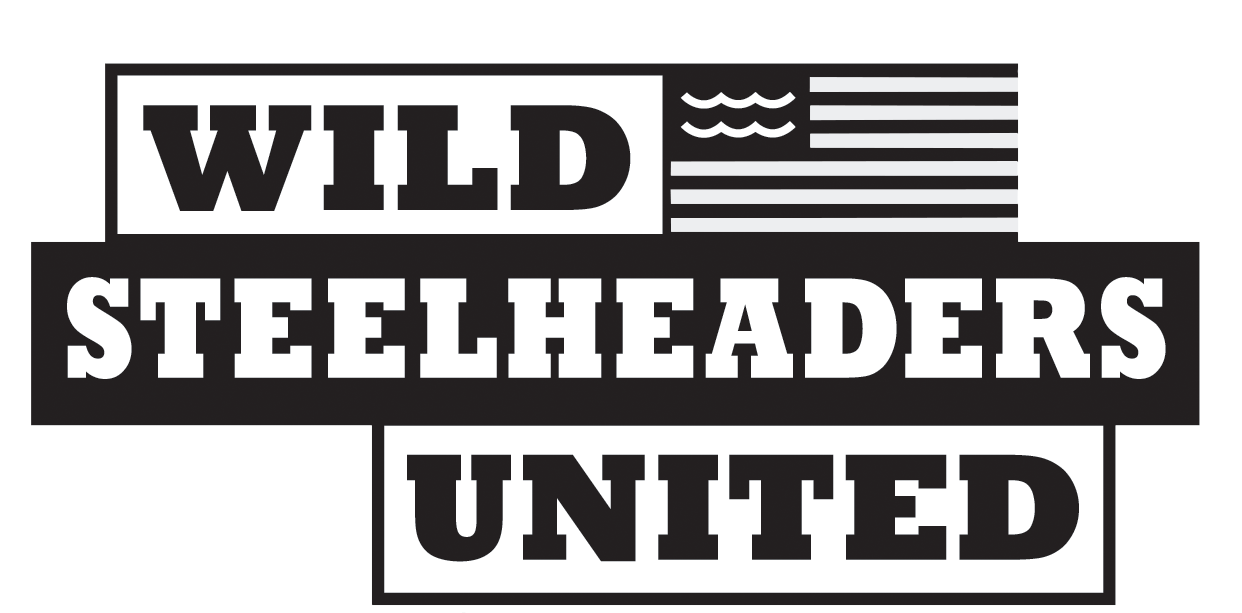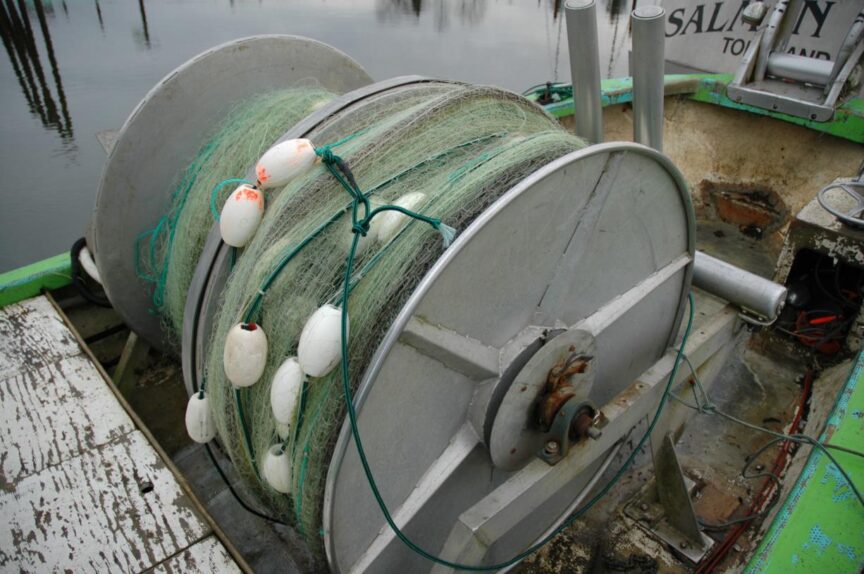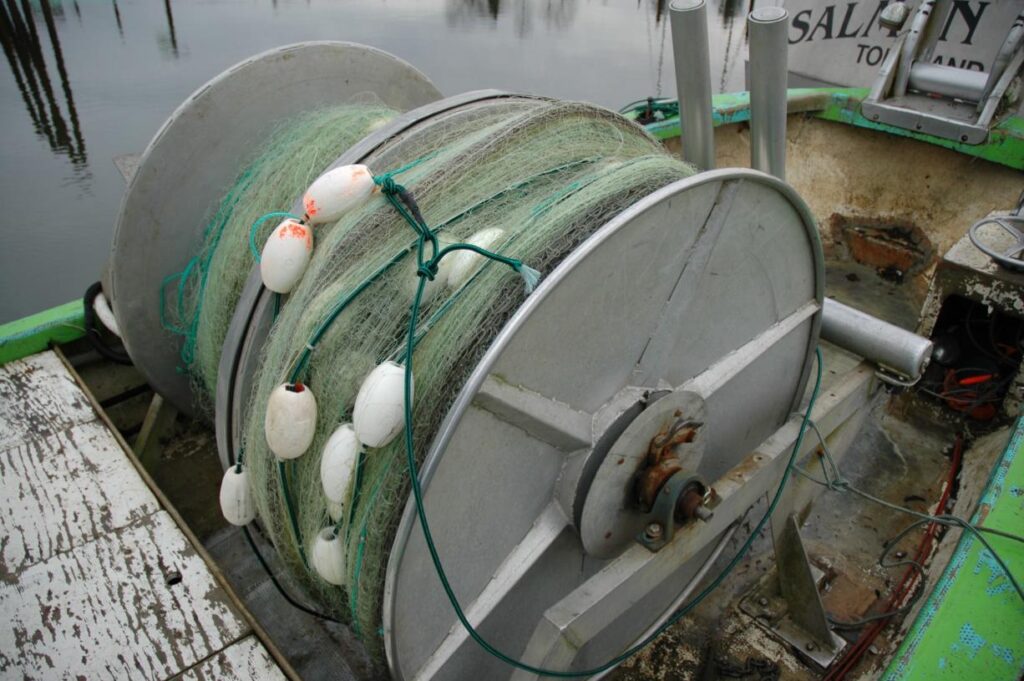
Approves Columbia River Voluntary Buyback Program for non-Tribal Commercial Gillnet Licenses
Last week, Washington Governor Jay Inslee signed the state’s 2022 supplementary budget into law, which included several measures Wild Steelheaders United worked on this session and which represent some small funding and policy wins for steelhead (we wrote about this last week here).
Included in this final budget — and a major focus of our efforts this session — is almost $15 million for a voluntary buyback program in the Columbia River for non-tribal commercial gillnet licenses.
This final language was the product of a multi-year advocacy effort supported by Wild Steelheaders and our partners at the Coastal Conservation Association Washington, the Northwest Sportfishing Industry Association, the Northwest Marine Trade Association, the Northwest Guides and Anglers Association, Wild Salmon Center, Wild Steelhead Coalition, and The Conservation Angler.
This funding will likely be sufficient to purchase most commercial gillnetting licenses, should gillnetters choose to be part of the program.
We’re also pleased with language that takes most of the commercial fishery impacts on B-run summer steelhead — listed under the Endangered Species Act — from the purchased licenses and reserves them to increase escapement and lead to more wild steelhead on the spawning grounds.
In other words, this new policy reduces the total allowable harvest of summer steelhead by any means.
Earlier this week I caught up with Wild Steelheaders United’s government affairs specialist in Olympia, Alexei Calambokidis, and dove into some of the questions about the specifics of this buyback program and overall how this affects B-run summer steelhead and recreational fisheries in the Columbia River basin.
Jonathan Stumpf: So what does this new gillnetting license buyback policy do for escapement goals of threatened steelhead?
Alexei Calambokidis: The limiting factor for Columbia River gillnetting is impacts on ESA-listed fish species. Simply put, the reservation of bought back commercial allocation means more ESA-listed fish make it back to their spawning grounds upriver.
JS: What‘s the overall status of Columbia River steelhead right now?
AC: Steelhead in the Columbia River continue to be a significant conservation concern, with four distinct population segments (DPS) listed as threatened and one listed as Endangered under the ESA. Recent returns of steelhead to the Columbia Basin have been particularly dire, and 2021 was the lowest year on record, followed closely by 2019. In 2021 just over 25,000 unmarked steelhead passed over Bonneville Dam, putting the return at just 40% of the 10-year average. B-run summer steelhead are of special concern in this regard, as their run timing and size puts them at high risk for capture in gillnets.
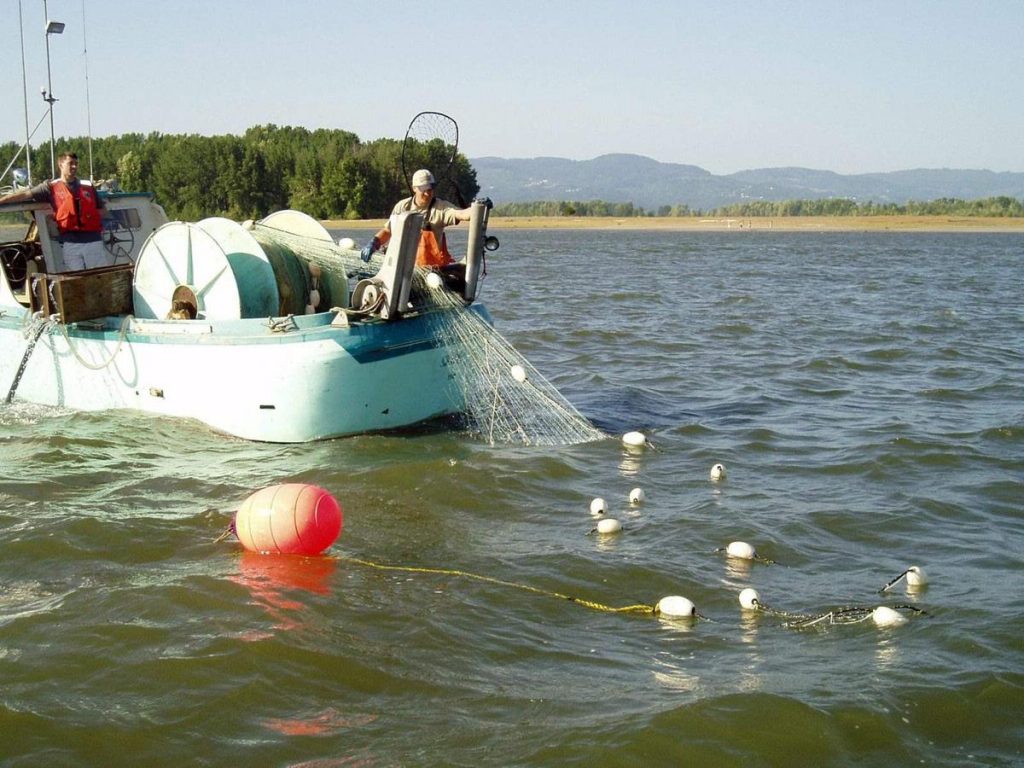
JS: If this is voluntary, why do we expect commercial gillnetters to participate in the program?
AC: The budget proviso sets maximum amounts allowed to be paid to gillnetters for their licenses, which is set at $96K for active licenses and $25K for inactive, with some small adjustments based on the time when the license was active and when the buyback takes place. These amounts are significantly higher than the current value of these licenses on the open market. Additionally, the budget language states that this is the only allocation the legislature intends to make on this issue. That, combined with increased pressure from groups like TU and the Governor’s office on moving toward more selective and sustainable fisheries, is expected to motivate savvy gillnetters to take advantage of this opportunity to cash out, so to speak. The cost of this budget item was an estimation of what it was likely to cost to purchase the majority of the 240 Washington non-tribal commercial Columbia gillnet licenses.
JS: Does this change recreational and commercial allocation? And how does this compare to the previously proposed fleet reduction program?
AC: Wild Steelheaders supporters might remember that the gillnet license buyback programs from previous years were essentially fleet reduction programs. These programs, which we opposed, kept total allocation for the commercial gillnet fleet the same, so gillnetters that participated got a payout, and gillnetters who didn’t were able to increase their overall harvest and impacts on steelhead. This year’s program couldn’t be more different, since purchased licenses have their impacts removed from the commercial allocation, gillnetters that do not participate do not benefit from the program and are not able to increase their overall harvest.
JS: Does this have any impact on Tribal gillnetting?
AC: The language in the budget only applies to non-Tribal commercial gillnetting and has no bearing on any Tribal fishing agreement, method, or Tribal treaty fishing right.
JS: When does this buyback begin? What are the next steps?
AC: We will be working with WDFW to develop an implementation plan for the buyback program and will keep our supporters updated as that plan progresses. However, this issue area will require future work – budget provisos only apply for the duration of the budget, and long-term Fish and Wildlife policy and legislation will be required to move Washington toward a future of more selective commercial harvest in the mainstem of the Columbia River, and improved management for our struggling steelhead and salmon populations.
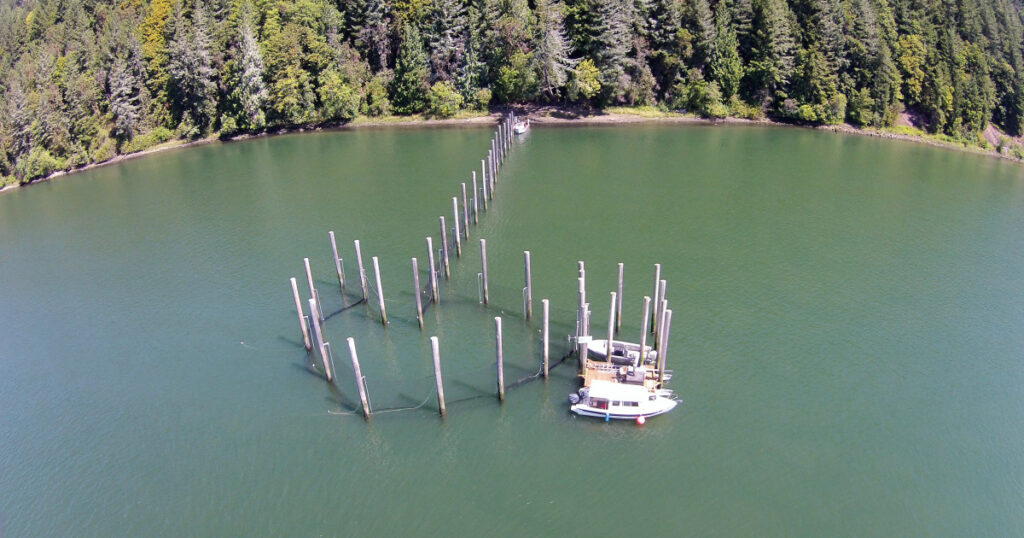
Image: Fish Trap Journal
JS: The Washington Fish and Wildlife Commission recently updated their Columbia River Salmon Fishery Policy, an action which effectively rolled back some of the original bi-state Columbia River reforms to transition gillnets out of the mainstem Columbia. How does the gillnetting buyback affect or align with the Commission’s new policy?
AC: Since the enactment of the new Washington FWC policy, the Washington and Oregon Commissions have yet to come to concurrence regarding Columbia River fisheries. The Oregon policy is much more conservation-oriented and as you pointed out, transitioning gillnets out of the mainstem Columbia was one of the priorities of the WFWC’s original policy. With this new program, I think this will really help to get Columbia River commercial fishery reforms back on track.
As the warming climate rapidly changes precipitation patterns and volume in the West, wild steelhead are in the crosshairs, and there is no time to lose. We must take action across a variety of fronts – including on fishing policy and regulations – and manage steelhead fisheries adaptively to ensure they are sustainable. Wild Steelheaders United at Trout Unlimited will continue to work closely with WDFW and our conservation partners to make sure the new gillnetting license buyback policy fulfills its full potential for steelhead.
Keep an eye here on our blog and our social media channels for updates. And if you have any questions about this new program, drop them in the comments below.
